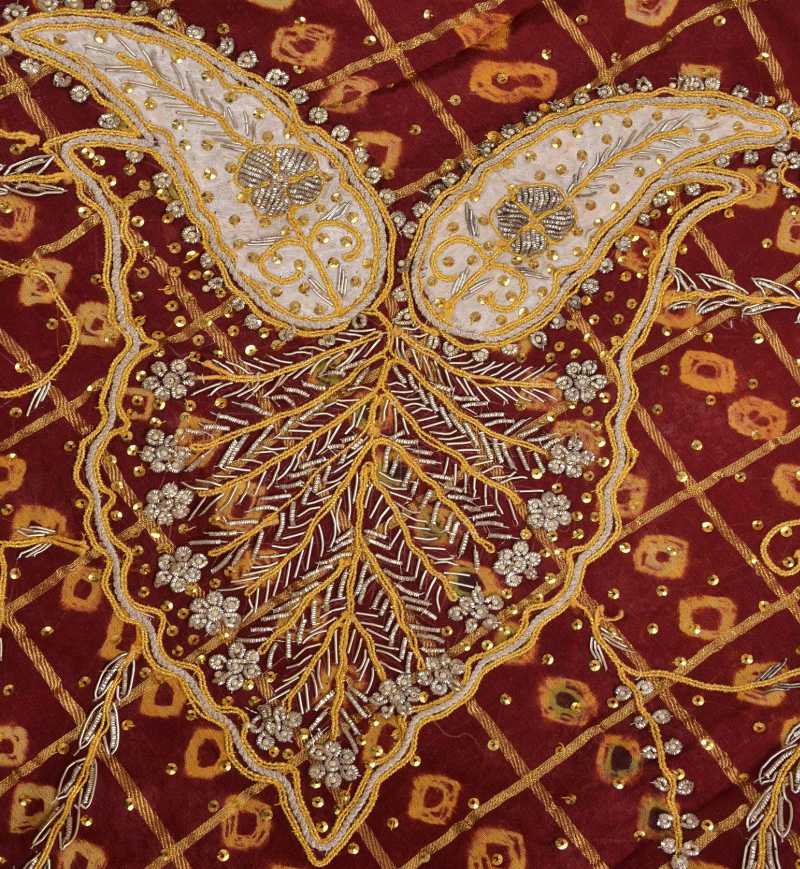===
0318,
7
===

=== |
 |
FWP:
SETS == IDIOMS; IZAFAT; KA/KE/KI
MOTIFS == CHAK-E GAREBAN; CLOTHING/NAKEDNESS
NAMES
TERMS == MEANING-CREATIONFor an explanation of the 'collar', which is of course the vertical neck-opening of a kurta, see G{17,9}.
The future subjunctive grammar of the verse simply poses a possibility: 'I might wander', 'there might be', 'there might remain'. This tense can be used for a hope or fear that something might happen, or a resolve that something would/should happen, or just an exploration of one possible choice among many: ('I might wander, I might sit still, I might bash my head against a stone'). As SRF notes, the two occurrences of nah can be read either as a 'neither-nor' (there would be neither X nor Y), or else independently (there would be no X; Y might not remain); in the latter case there could be various causal and/or temporal relationships between the two independent statements.
Then, of course, the rest of the verse might be a mere extension of the initial thought, an exploration of the advantages of wandering naked. But it might also be a warning or a risk: 'If I would wander naked, may there be no regrets or second thoughts!'. What form might such griefs or second thoughts take?
Thanks to the versatility of kaa , there could be several kinds of grief 'of' the garment-hem: (1) grief of having a long robe, which is such a burden and a bother to wear; (2) grief of having messed up the long robe by saturating its garment-hem with tears; (3) grief of no longer having a long robe, so that one misses it and feels regret.
Similarly, thanks to the versatility of the izafat, there could be several kinds of ;xaar-;xaar 'of' the collar: (1) the anxiety of having to wear an uncomfortable, bothersome collar; (2) the anxiety of having torn and destroyed the collar; (3) the anxiety of no longer having a collar, and thus feeling regret at having nothing to tear open when a mad fit occurs; (4) the 'desire, ardent longing' for a collar, so as to be able to tear it open at one's pleasure.
That image, ;xaar-;xaar-e garebaa;N , is so vivid. How annoying it is to have something tight, prickly, perhaps over-starched, constantly rubbing on the sensitive skin of your neck! 'Thorn-thorn' is a wonderfully evocative metaphor. We can put the rest of the verse together in half a dozen ways, but the collar of thorns is always at the center of it.
Note for meter fans: The considerable liberties taken with spelling in Abdullah Qutb Shah's verse are not errors, but reflect the earlier practice in Dakani Urdu.